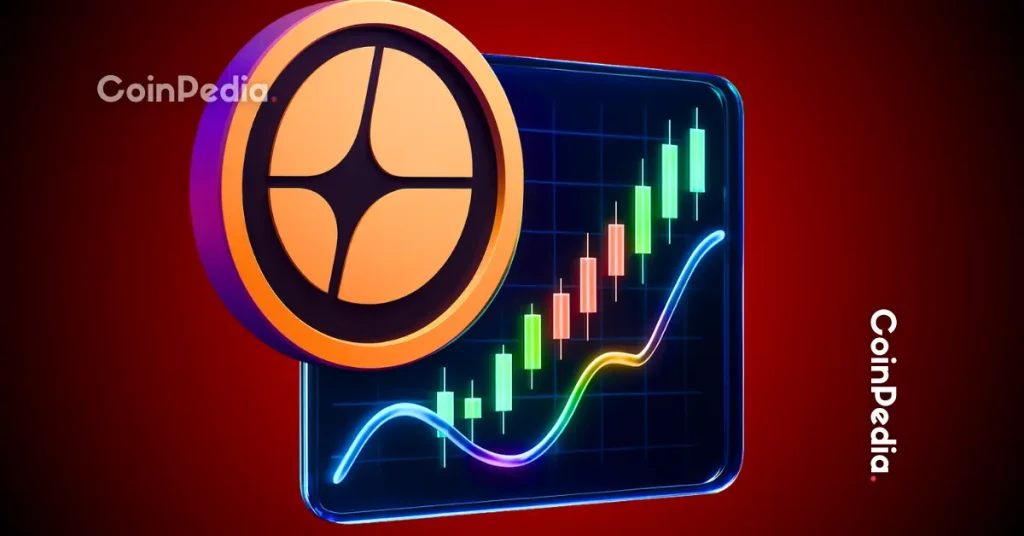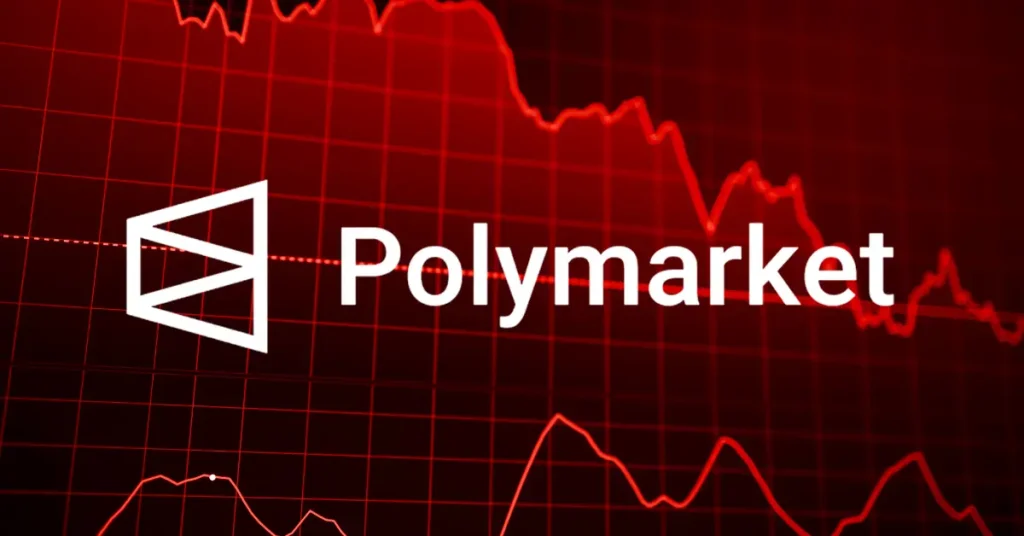Economists say the Bank of Japan (BOJ) won’t raise interest rates anytime soon because Prime Minister Sanae Takaichi wants to keep the money policy easy.
A survey of 50 economists showed that most of them think the BOJ will wait till December to change its rates. Only 10% of economists think the Bank of Japan will raise rates on October 30, down from 36% before.
Takaichi’s leadership makes the BOJ more cautious about raising rates
Sanae Takaichi won the leadership race of the ruling Liberal Democratic Party and became Japan’s new Prime Minister. Experts say the BOJ won’t rush to make any changes to its interest rates because the new Prime Minister has consistently supported keeping rates low, allowing more money to flow into the economy.
She did not specify when or how the central bank should react. Still, people expect that she prefers stability over sudden financial tightening, given her popular views and long-standing political history.
Before Takaichi came to office, people thought the BOJ would raise interest rates in October, but now they expect it to wait until December or even next year. Economists say the bank will cooperate with the government to avoid any disagreements, as the Prime Minister favors long-term support for growth through low borrowing costs.
Senior economist at Sompo Institute Plus, Masato Koike, said, “Takaichi is probably thinking a rate hike is undesirable even after she’s softened her tone.”
Experts say policymakers at the BOJ will tread carefully because they don’t want the public and investors to think the bank is going against the wishes of the government.
Cooperation between the bank and the government will ensure that investors remain confident and that the country’s economic status remains stable.
According to a new survey, 72% of economists said that the chances of the BOJ raising its interest rates in October have decreased significantly, largely due to the political change. More than half of the survey respondents stated that the bank could harm its relationship and cooperation with the new government if it were to increase interest rates now.
Analysts say that the central bank will be very careful in how it communicates to the public, so that markets don’t misunderstand its goals and avoid spreading confusion among investors.
Before Takaichi, many economists predicted that the central bank would issue an interest rate of about 1.25%, but that figure has now dropped to 1%. The market can already feel her influence in the way experts talk about Japan’s monetary policy, and many people say her leadership will have a great influence on how and when the BOJ acts in the months ahead.
BOJ struggles to control yen weakness while calming market doubts
The BOJ is facing a weak yen, a volatile market, and a new government under Prime Minister Sanae Takaichi. Masamichi Adachi, Chief Japan economist at UBS Securities and a former Bank of Japan official, said the BOJ should raise its rates. He explained that the bank needs to show the public that it is serious about moving away from years of the same low interest rates.
However, making a move right now could cause unexpected changes in the yen and bond markets, as people have very low expectations of an interest rate spike. Adachi said the bank doesn’t want to surprise investors because the market isn’t well prepared for such changes, and so it will most likely postpone its new rates.
All eyes are currently on the BOJ as it plans to announce its quarterly economic outlook and policy decision next week. Many experts believe the bank will not make significant changes to its economic and inflation forecast from the previous report. They believe the central bank will only make a minor upward adjustment to indicate some improvement in exports and business investments, but inflation statistics will remain unchanged.
Senior strategist at Sumitomo Mitsui Trust Asset Management, Katsutoshi Inadome, said the central bank should maintain steady interest rates for now, while still sounding confident about the chances of a future hike. He explained that the BOJ will prevent the yen from weakening too much before its next rate hike if it conveys a hawkish hold in its report.
The smartest crypto minds already read our newsletter. Want in? Join them.
















 English (US)
English (US)